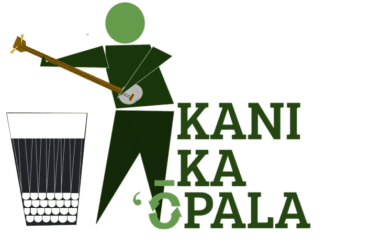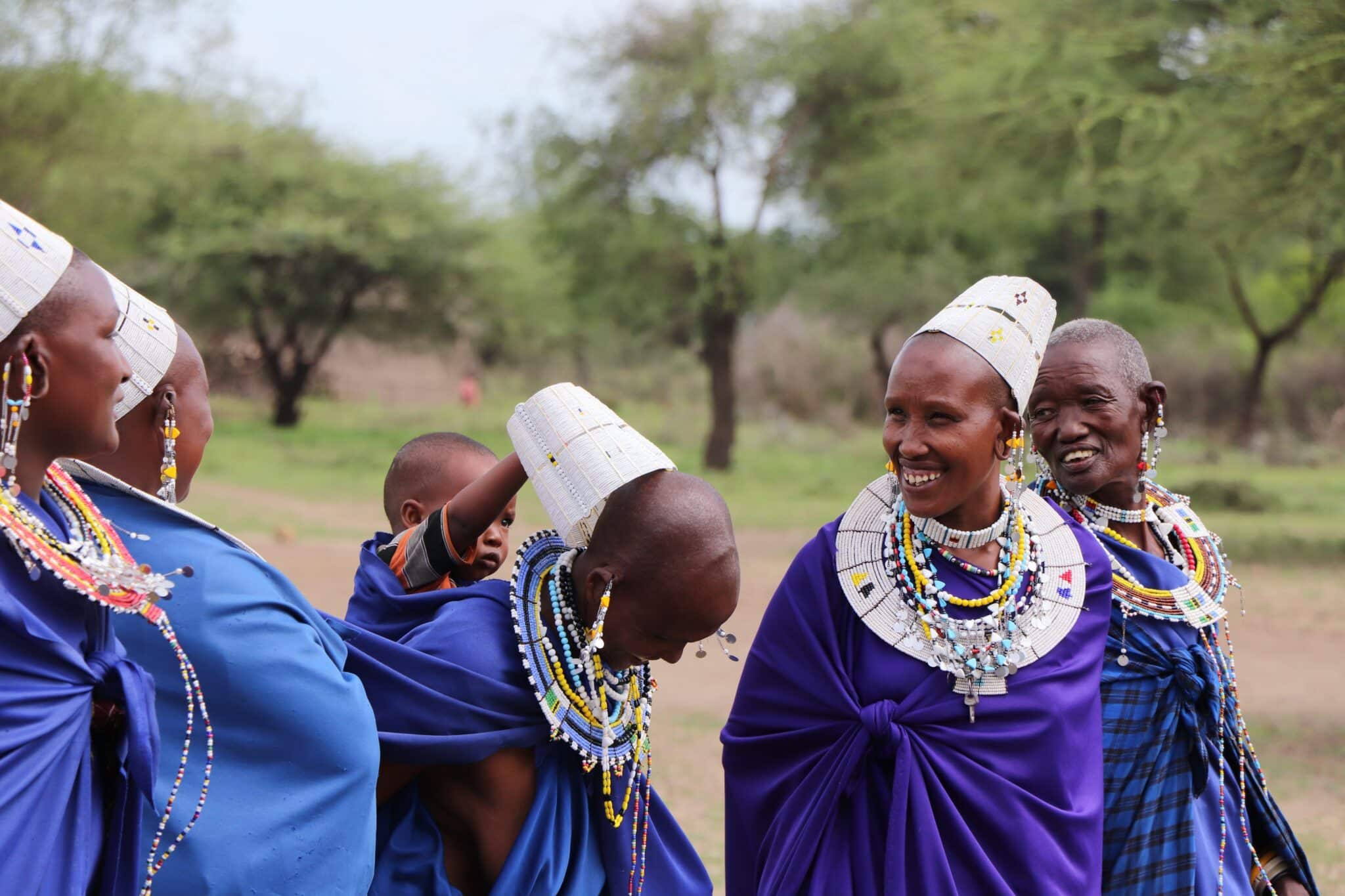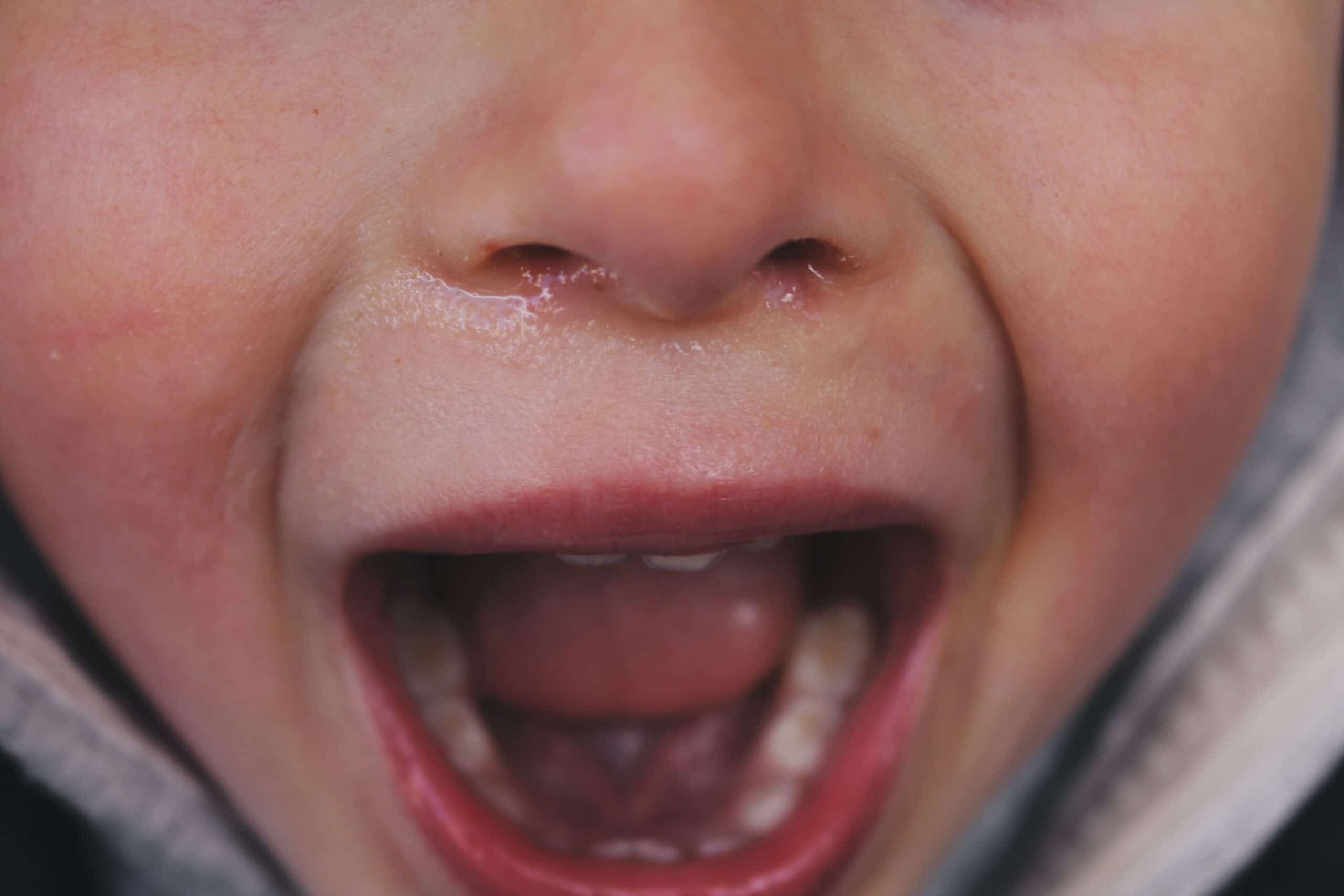How to Fragment and Unite: An Autoethnography of Collage and Poems
AUTHORS’ MEMO
We address how to fragment and unite in this autoethnographic study, which we developed over the Messenger App. It utilises poetry and collage around death, loneliness, postmodern culture, and the latter’s related oppressive discourses and language, and alienation. We square up to death in some of our poems and collages and take postmodern culture to task in others. Doing all this helps us combat loneliness and alienation, which is closely related to anxiety and thus with strong emotions. Mass culture produces a kind of emotional frigidity. People often do not connect meaningfully because a lack of emotions does not allow empathy and compassion to emerge. Emotions give us energy to act, but the emotional indifference of political correctness creates distance between people.
‘We address how to fragment and unite in this autoethnographic study, which we developed over the Messenger App.
We do not control our lives, which are as fragmented as modern society. Contemplation is one solution to help prevent the distraction that is our curse in this age of late modernity. Our poetry and art are examples of contemplation in action, helping us create and connect with deep feelings. When poems are collage images are highly emotionally charged, they can simultaneously fragment and unite. We critique intellectual blandness and emotional blandness.
Our art allows us to fully express our intersubjective worlds from deeper levels of consciousness. That which is deep and archetypal connects us and is shared with humanity. This does not mean that unity presupposes sameness. As authors of this autoethnography we are different from each other, as is apparent in our autoethnography. Our sensibilities are similar but not identical, even though we have much in common. We fragment and unite, and we invite you to continue this conversation on how to fragment and unite.

Introduction
We meet for the first time in mid-June 2023 at a Polish conference. For the next three months, we exchanged messages in the form of poems and Krzysztof’s collages on the Messenger App. We give you a selected group of these in this autoethnography
We are both elderly scholars: Krzysztof is 65; and Alec is 71. Our respective backgrounds are different – Krzysztof is rural Polish, Alec is a Scottish Highlander – but our class habitus overlaps. Krzysztof comes from a small village, born into a poor family with uneducated parents and an alcoholic father. Alec also grew up in a small village, with minimally educated working-class parents and an alcoholic mother.
This connection helps us understand each other and come together around connected concerns. These are death, loneliness, postmodern culture and its related oppressive discourses and language, and alienation. We confront death in some poems and Krzysztof’s collages, and take postmodern culture to task in others.
‘This connection helps us understand each other and come together around connected concerns. These are death, loneliness, postmodern culture and its related oppressive discourses and language, and alienation.
We do not control our lives, which are as fragmented as modern society is. This can result in alienation and anxiety, having strong emotional overtones. Mass culture produces a kind of emotional frigidity. This can result in people failing to meaningfully connect because such frigidity inhibits the emergence of empathy and compassion. Emotions give us the energy to act, but their lack can distance people from one another.
Our poetry and art help us create and connect with deep feelings. When poems are highly emotionally charged, they can simultaneously fragment and unite. Intellectual blandness is associated with emotional blandness and the blandness of vibrant life. Collage and poetic art enables us to fully express what is at the deeper level of our shared consciousness. That which is deep and archetypal connects us because it is a shared part of humanity.
What we look like

Alec Grant

Krzysztof T. Konecki
Corner of the tenement
I look out from the corner of the tenement of death.
The Grim Reaper,
is walking,
or actually crawls like a snail.
She looks around –
for whom to read the epitaph.
Sleepy for now.
I am also sleepy.
I wipe my nose.
My eyes are watering
I see only a shadow
emerging,
from around the corner
And she may experience a metamorphosis.
And leap to the throat like a wolf!
Bite out the will to live!
Bite off the bone of discord to death!
Deprive the will to heal,
of pessimism,
and the will to accept silence.
I penetrate the philosophy of walking changes,
a foot farther, a foot higher,
slower, faster,
inhaling, exhaling,
stopping.
The sound of feet.
Silence.
Silence.
Everything is changeable,
even she,
more and more visible.
KK
Fathers, sons, and grandsons
I think of my own father
dying alone, scared,
guilt failing him – useless,
like his prostate, heart, hanged wife,
estranged son,
and burnt-out life.
My body aches for his,
connected by threads of themes,
unfulfilled promises and dreams,
failing glands,
marriages.
Hand in hand
we walk
down the generations.
Photos gather dust –
smiling faces all:
the great lie.
Dust gathers dust,
and my grandson
barely knows me.
AG
Krzystof’s Collages

Comments by KK
People ask me what I’d like to express in my collages. The problem is that I don’t know. I start creating the collage with mixed ideas about what I want to say, but topic emerges during its creation. The images come to my mind, and when I look at the pictures ideas emerge from them.
Something is happening on the liminal level, the subconscious, the body, and the space between myself and others. I don’t care about those reasons, motifs, or topics. Creating collages is a freedom I have always celebrated, and I don’t want to close it in a word-cage.
When I send a collage to Alec, based on his reaction I create the next collage. And with other people, I do the same. There is something in the space between, but I don’t know what it is.
Nobody knows what I want to say in a collage, including me. This is the added value of the creative process.
Comments by AG
I look forward to receiving your collages, Krzysztof. I’m never sure whether I get your intended cultural references. Inevitably, I won’t always, given our different backgrounds. That doesn’t matter much to me. Images or little points in your collages spring out, punctum-like (thinking of the Roland Barthes text, Camera Lucida). These set off a chain of further images, thinking, and perhaps the idea for a poem.

Subject chooses
What is your loneliness?
Facing the loneliness of the earth surrounded by all the stars and planets of this world,
look up.
Is a tiny loneliness,
nursing its lonely suffering,
which cannot be soothed anyway,
because the body is fragile?
The older you get,
the more wounds,
the more places not to be healed,
desires to be unfulfilled,
separations beyond repair.
The more digging into loneliness,
In a body burning –
not out of desire,
not out of love,
not from hatred,
but from the passage of time,
the immensity of which can terrify,
but also calm.
I choose the second option.
KK
Choices
The choices that you choose
are the choices that choose you
‘Free will’ is will of the wisp,
a chimera
Some escape
by force of inhabit,
but emotional and narrative entrapment
generally hold sway,
rule the day
What is the confidence of privilege?
The false ‘confidence of class’;
donkeys leading lions
Hats off to George Orwell
for pointing this out
Long ago voices continue to haunt.
Everyday wake up in dread,
guilt and unworthiness taunting me
with things no longer said –
internalized scripts past sellby date
reference to referent longdead,
played out in my tortuous head
AG

Zombies
How do I know I’m not surrounded by zombies?
Not flesh eating, not
half decomposed, not
clumsy, bumping into things zombies.
Not
slow zombies,
running zombies,
exploding zombies,
spitting and frothing zombies,
zombies with weapons,
or zombie limbs without bodies.
There might be, for all I know, vegetarian or even vegan zombies,
body building or botox-loving zombies,
tightrope walking sure-footed zombies.
Who’s to say?
AG

Breathing
Breathing slowly,
looking over our exchanges,
Poland to Scotland and back again.
Keep breathing…
that’s all there is.
What does a fulfilled life actually mean?
Walk, breathe,
play the game,
as hair, teeth, energy
go AWOL,
and yet, there is always a connection.
I hear seagulls, cars outside.
Chattering wives awake.
Play the game just one more day.
Keep breathing.
‘You have one more citation.’
Living Tribute, me.
Will they keep coming in when I’m dead?
Long dissipated cremated dust.
‘You have one more citation, Living Legend.’😂
AG

The silence on the other side of social
We’re all supposed to be having fun, having a ball,
but some of us remember that it’s not like that at all.
We make the best of what we’ve got,
contingencies and all.
But some of us see through the shit
that others hold in thrall
The silence on the other side of social.
AG

My first wife
Often
when I wake up
I think of my first wife.
My breathing speeds.
I think of her dying,
her telling me she loves me.
Too late for that, I look at her
and say nothing.
Where was the love?
Ever?
Between us?
Inside one of us?
Or both of us?
Essence denied,
my breathing slows
as I meet the
new day.
AG

Comment by AG
No angels, only dragons 🐉 🐉🐉 (
Stability
Stability is a fiction of the mind.
Stability is a friction in the mind:
the mindless mind brought back into mindline
by the centripetal pull of normativity.
AG

It’s always much worse than you’re told.
Germany, 1971, NAAFI,
often drunk we don’t know much.
Too many don’ts.
Socialized into don’ts.
Don’t tell don’t ask don’t see don’t know don’t
care.
WRAFS and WRACS discharged en masse.
Fucking lesbians.
We laugh and hardly notice.
Bit of a show…
Life rolling on, like deodorant,
Covers nasties and shocks.
Straight me, but tactile, I hug a corporal.
He pushes me off.
Threatens to deck me.
Easy to get othered then.
Easy to get ordered then.
Suspicion grows like mould.
Confirms itself, covers its tracks.
An airman hangs himself from a telephone mast.
Official obit, RAF News;
‘died suddenly’.
Quite right! He did! We don’t choke up.
A bit of a giggle.
We don’t know, see, hear, ask too much.
Too much don’t care.
Sexuality and death.
not in Queen’s Regulations.
The occasional trip to a brothel.
not in Queen’s Regulations.
Who gives a fuck.
‘Rools and regoolayshuns’,
says the Welsh sergeant who calls me a cunt’
‘There must be rools and regoolayshuns!
Things get out of hand.
Not natural.
The trouble with you boy:
you think too much.
Can’t take a joke.
you shouldn’t have joined’.
‘How’s it going?’, I ask my mate.
‘Not three bad’.
‘A fair day’s work for a fair day’s pay!’
‘This is it!’
Spawny bastards, jammy sods.
Skiving poofs.
In crap order.
Deserve everything they get.
Scintillating conversation rolls on,
like deodorant,
covering compassion,
covering everything.
Everything a cover up.
Under the covers.
Another corporal refuses to name
the lover who outranks him.
‘Rools and regoolayshuns, see!
Senior rank responsible, boy’.
Under close arrest.
Still manages to slit his wrists.
They get him before he bleeds out.
Order him.
The MO stitches his wrists.
Calls him a ‘cowardly sodomite’.
Other him.
50 years on my mates and me
talk about those old days,
the acceptable times,
the times less othered.
Our monthly ritual
parallels Facebook nostalgia.
Reifies Facebook nostalgia.
I often want to scream
‘What about these other times these other fuckers!?’
Voices silenced, lives erased.
It’s always much worse than you’re told
AG

Comment by AG
This does all sorts of things to me: Europe united against the Russian bear. The UK’s gratitude, which, because they left Europe, seems weak and pathetic.
Sign out, sign in
You’re now safely signed out.
Sign in
again,
to places of low expectations.
Familiar faces
coming together
through chance encounters,
with random ancestors
and contingencies.
Fulfill your biological function,
give convenient satisfaction
until such time as you’re surplus to
requirements.
Become too complicated.
Disaffected.
Rejected.
Sign out until
It’s time to
sign in
again.
AG

Comment by AG
The narcissist’s double message: look at me, don’t look at me.
Who are you?
Are you a woman?
Is the dress just camouflage?
Why don’t you protest when your husband beats women?
You turn a blind eye and smile at the mirror.
Don’t you see a monster there,
who stands behind you and tries to touch you?
His touch is like kindling steel,
that will burn an unforgettable stigma of betrayal on your back.
Laser Tattoo removal won’t help.
The mirror sees a grimace of humility,
a serf’s face,
which is slowly turning into cow dung.
No spells on social networks will help to regain the face anymore.
KK
The Stupidocene
Stream Netflix down toilets.
Steam clean your privacies.
Follow your follicles,
ladies, genitalmen,
inbetweenies,
tinies and teenies.
Welcome to Barbieland:
discourses botoxed
ovary the rainbow,
on the next meme train.
How did we do?
Your custom is important to us!
Stay on the line.
We will be with you…
We will always be with you,
evicerating hopes,
vaporizing dreams,
bleaching differences,
depilating values.
AG

Death
Rigor mortis kicked in
when I was four or five:
a social death,
stiffening against the world,
giving up on life early,
or life giving up on me.
I’ve used up space
In every place,
my headstone widening with each degree,
playing the zombie game
of undead trickster
pretending to be fully alive,
and better at the game
than many I suppose.
Death comes by degrees –
at least for me.
Regular obituaries
as academic texts.
No nailing down of coffin lid,
no fitting of the shroud.
Not yet…
always one more obit to write.
Got to get it right,
my affairs in order.
AG

Conspiracies of confusion
don’t touch don’t hug don’t kiss
don’t say the wrong things
don’t don’t don’t
mustn’t upset
just don’t
be yourself don’t be yourself
everything’s forbidden
but be authentic
be authentically, mindfully
restrained
conspiracies of confusion
…of contradiction and incoherence
let’s have a relationship where
we don’t talk
we don’t meet
we don’t greet
no bodies no problem
AG
My world
Present and detached
More than audience.
Less than
participant.
My world.
Solitude in the
crowd enables thinking, said
Kierkegaard rightly.
Look death squarely in
the eye socket.
Skull as ultimate selfie.
Make sure you whiten your
teeth.
Stay well hydrated too.
AG

A prose poem
Join in. Don’t not join. I don’t have the words. Words elude. There are no words for it. I sometimes think I grasp it. Then it recedes. Back in time. In history. Before I was born. Or my parents. Back to my ancestors. And before them. Ancient memories. How to do life. Never been that good at it. The ordinary bits I mean. I can write, paint and play. Never enough. Man up they said. Join in. Do it properly.
AG

The language of the world
The language of the creative is freedom.
The language of the world is conformity.
Centrifugal vies with centripetal.
Centripetal sometimes concedes with centrifrugality.
Centrifugal sometimes concedes with centripoutality.
But there is no middle point.

Against Philosophy
Is clarity brought to language,
because he believes so?
My theses
are like unanswered questions.
I don’t want equations,
or sentences that follow from previous rulings.
I don’t want a simplistic logical relationship.
I enjoy multiplying questions
and stopping to give solutions
at the last minute.
This is the most reasonable answer
to all the questions: I DON’T KNOW.
Keep quiet, dog!
Because I will tear out your tongue!
My battered tongue
will not express straight what I feel.
I want to sing and dance!
I want to talk to moose and pigeons.
They dream knowledge
that to philosophers has never been revealed,
and my cat will soon
will be presented for the Nobel Prize.
See it!
Hear it!
This is me!
I don’t need to know simple sentences
to express beauty and suffering.
I can bombard you with poetry
until you get so tired,
That you forget logic and facts
and sentences.
And you will finally say:
Enough of this, my poet!!!
Be silent, you rabid dog!
And please give me then a cat to pet.
KK

The final sign out
This is the way I go now:
Now signed out, sign in.
Encrypted, entrapped,
my text predictive, until I finally sign out,
and get saved in a Cloud.
(Press F1 for ‘Hail Mary’, or F2 for ‘Hairy Males’, when sage, no safe search is off)
Rationalism puts things out of focus.
Socratic dialogue mist-ifies as much
as it clarifies.
Myopia:
the place to be
for see, sex,
and darkness.
AG
They and he
When he found himself in the crowd,
he felt disgusted,
repulsive mugs,
all almost identical,
with a triangle of sadness,
intellectuals by the devil’s grace,
pretending to do
dis-course,
follow each other,
step by step,
looking for deviants,
to condemn them to the pile of damnation,
and oblivion.
What a pleasant sight the fire is,
that smothers the feet of deviants,
unwashed by everyday notions
and stereotypes.
It smokes a lot,
when his heart burns,
the masks of Breughel’s
monsters
have to run away and leave this anxiety,
different state of mind,
behind
their pure
and cruel world.
Regulars of the salons,
bludgers
of one discourse,
keep playing
in the republic
of intellectual fools.
KK

Comment by AG
Great: Marx meets Foucault and Bruegel, Krzysztof?

Comment by AG
Choices which can turn you to stone.
The art of being liked
You wait for the likes
to stroke your feet and crotch.
You don’t feel them in your heart,
there the genitals have moved,
and a void,
which cannot be filled.
There appears only a single like,
a hint of happiness,
but immediately there is a pain,
why does the universe not accept me!?
Exciting morning,
hundreds of likes.
Happiness!
Wow.
Erection.
Orgasm.
You raise prayers
to the Sweet Mountain.
He is great!
Empty art,
in a barren heart,
for show,
always the same,
like and 👍
KK

Comment by AG
Turner meets Darwin meets zombies
Mercy
When animals rule us,
I flee to the zoo to take refuge from them,
They,
In ecclesiastical protection,
they bully
Prosthetically over us.
We let them do it,
We enjoy it,
It is not narcissism
that is the mark of the age,
But masochism,
Forgive us, Lady,
We are weak,
And we only want your good,
Give us the strength to forgive their sins.
And though they know what they do,
I forgive them,
With the help of a sword,
Which cuts off their
All thoughts of betrayal.
KK
Coda
Some questions emerge for us from all the above. These, and of course, other questions, might also arise for readers. Our questions are on two levels – empirical and philosophical.
Empirically and somewhat rhetorically, we question what we have achieved in this exchange of poetry and collages. Has it been worth it? Has it been therapeutic for us? Has it helped us deal better with our existential anxiety? To what extent have we ‘tamed’ the prospect of our inevitable biological deaths? Have we succeeded in fighting alienation? For me (Alec), the answer must be a qualified ‘yes’ to all these questions. Qualified, because it’s difficult to voice more than an inarticulable feeling that the exchange has been helpful. Whether this will have residual, lasting value is another empirical question?
For me (Krzysztof) I often experienced relief when Alec answered my collages. I could understand more about them. Not everything that comes from a collage (or a poem) is rational, planned, and has structure and content. Some complementary interpretation of the Other is often necessary. Our exchanges are of tremendous importance in becoming accustomed to death and the emptiness we each feel. Alienation from self and others has become less painful. Emotions may have returned to their empty source. This emptiness can have a positive value in that everything we have done in life, and in death, is empty. Even the self that we celebrate almost every day is void. By our exchange, we try to “become nobody” as we were before birth.
‘Empirically and somewhat rhetorically, we question what we have achieved in this exchange of poetry and collages. Has it been worth it? Has it been therapeutic for us? Has it helped us deal better with our existential anxiety? To what extent have we ‘tamed’ the prospect of our inevitable biological deaths? Have we succeeded in fighting alienation?
What you’ve just said, Krzysztof, reminds me of the Zen koan, “What was my face before I was born?” My answer to that is “a handful of earth”. But, while we’re both still biologically alive, it’s reasonable to ask two, related philosophical questions. What kinds of identities have we represented in our article? What onto-epistemological premises underpin these identities? Some brief answers are possible here. We are conditioned by the times we live and have lived in, which have shaped us. Our represented identities shine through as simultaneously inevitably fragmented and unified in the stark reality of such fragmentation. We present our individual selves and each other through disconnected modes of poetry, prose, and images. As bundles of serious, playful, prophetic, anxious, fearful, and critical stories, these traverse a range of shifting periods and places.
Although all this is obvious at face value, it is important to state, to highlight a central irony. We have launched a sustained critique of postmodern fragmentation. Yet, we are singly and together unified in this fragmentation, in the ongoing task of transcending it in text and image.
We leave it to you, dear reader, to extend, to carry on the conversation about how to unite fragmentation.
Credits
All images provided by the authors
Learn More
New to autoethnography? Visit What Is Autoethnography? How Can I Learn More? to learn about autoethnographic writing and expressive arts. Interested in contributing? Then, view our editorial board’s What Do Editors Look for When Reviewing Evocative Autoethnographic Work?. Accordingly, check out our Submissions page. View Our Team in order to learn about our editorial board. Please see our Work with Us page to learn about volunteering at The AutoEthnographer. Visit Scholarships to learn about our annual student scholarship competition










